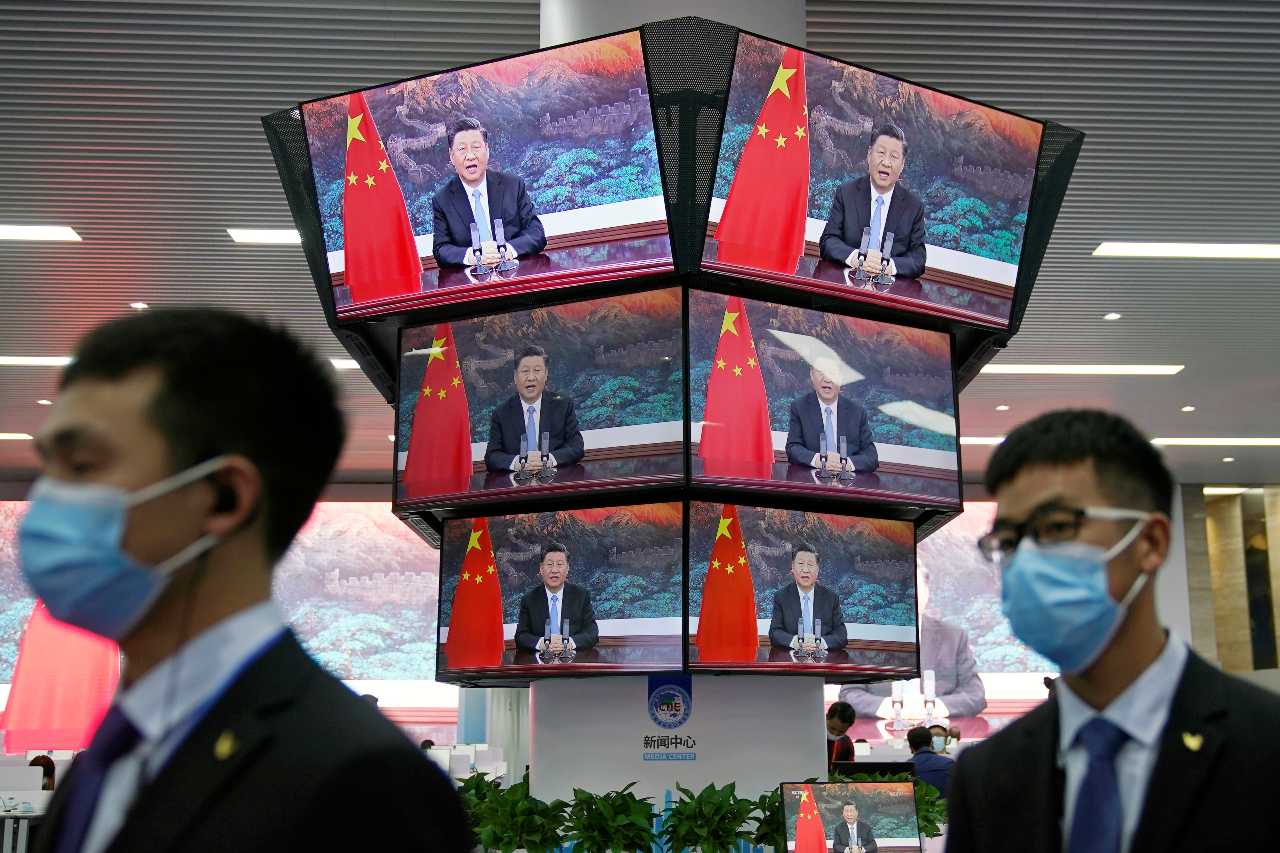Someone should tell the Chinese Communist Party not to mess with Estonia, Latvia, and Lithuania. The three countries were indeed small relative to their Soviet occupiers. But like small stones in a big machine, they caused its breakdown.
Now the Baltic states are at it again, derailing the showcase event of the Beijing regime’s eastern Europe policy: the 17+1 summit on February 9th. True, the Baltic states combined population is less than one two-hundredth of China’s 1.4 billion. But they have something that the bullies of Beijing lack: moral self-confidence.
Their refusal to accept the criminal division of Europe in the Molotov-Ribbentrop pact, for example, was not historical pedantry. It exposed the Soviet empire’s founding lie: that the USSR was a voluntary union of peoples and nations. Lithuania’s audacious declaration of restored independence in March 1990 was a devastating blow to the legitimacy of Soviet rule. There were practical moves too. Also that year, an Estonian-led initiative brought together independence-minded republics and pro-democracy Russians from Moscow and Leningrad (now St Petersburg), all plotting with glee against the imperial “center”.
China’s imperial ambitions involve divide and rule games in Europe. One tactic is building influence in the poorer “eastern” members by offering preferential cultural and economic treatment. It targets 17 countries: Albania, Bosnia and Herzegovina, Bulgaria, Croatia, the Czech Republic, Estonia, Greece, Hungary, Latvia, Lithuania, North Macedonia, Montenegro, Poland, Romania, Serbia, Slovakia, and Slovenia. All of them are former captive nations, with the exception of the newest member, Greece.
So far this has worked quite well. After all, nobody seems to mind. China is a big country. It is a possible counterweight to Russia. Why not be friendly?
Indeed, some countries still seem blind to the dangers. Poland’s Andrzej Duda took part in the Chinese virtual summit, spurred perhaps by the offer of a deal on agricultural exports, and perhaps by the feeling of being snubbed by the new administration in Washington DC. Joe Biden has yet to phone his counterpart in Warsaw. Either way, that was a mistake: As by far the biggest of the seventeen, Poland’s stance is decisive. It could doom Chinese influence operations and establish Poland’s own regional leadership.
We wait in hope for that. But six countries disobeyed China’s instructions to have their top politicians take part, matching Xi Jinping’s personal role as host. Estonia and Latvia sent only foreign ministers. Lithuania, the ringleader of the opposition, sent a transport minister. China was furious, summoning the Lithuanian ambassador for a midnight scolding. It didn’t work. Lithuanians don’t respond well to bullying — just ask Mikhail Gorbachev.
China’s repellent human rights record and aggressive foreign policy helped deliver defeat. So too did the fact that the benefits of the 17+1 format have been over-promised and under-delivered. And at least some European countries understand geopolitics: if you want US support in your defense against Russia, then it makes sense to help American decision-makers with their top priority: China.
True, China has not given up. Its vaccine diplomacy is making headway in the Western Balkans, in Hungary, in Ukraine, and in the Czech Republic. That highlights the cost of Western indecision and disorganization.
But more setbacks are looming. Chinese Communist Party officials should be particularly worried by news of Lithuania’s increased involvement in the rival, Western-backed Three Seas Initiative (3SI). This 12-member group aims to promote connectivity in the countries between the Adriatic, Baltic, and Black Seas. It should include new members such as Finland and Ukraine, widen its mandate and set up a permanent secretariat. The fundamental problem in Beijing’s scheme was never the “17”. It was the “1”.




